A former judge at the International Criminal Court has been asked by the UK to help Ukraine investigate potential war crimes by Russia.
Sir Howard Morrison’s appointment comes as Russia stands accused of violating international law in its invasion of Ukraine.
What is a war crime?
It may not seem like it, but ”even war has rules”, as the International Committee of the Red Cross puts it.
These are contained in treaties called the Geneva Conventions and a string of other international laws and agreements.
Civilians cannot be deliberately attacked – nor can the infrastructure that is vital to their survival.
Some weapons are banned because of the indiscriminate or appalling suffering they cause – such as anti-personnel landmines and chemical or biological weapons.
The sick and wounded must be cared for – including injured soldiers, who have rights as prisoners of war.
Other laws prohibit torture and genocide – the deliberate attempt to destroy a specific group of people.
Serious offences during war such as murder, rape or mass persecution of a group are known as “crimes against humanity”.
What allegations of war crimes have there been in Ukraine?
Last week, US Secretary of State Antony Blinken said Russia had “destroyed apartment buildings, schools, hospitals, critical infrastructure, civilian vehicles, shopping centres, and ambulances” – actions that the US said amounted to war crimes.
The UK has said “barbaric and indiscriminate” tactics have been used by Russia.
In the wake of an attack on a theatre sheltering civilians in the besieged port city of Mariupol, Ukrainian officials accused Russia of carrying out a war crime.
At the time of the strike – which Russia denies carrying out – the word “children” was written in giant letters on the ground outside the building.
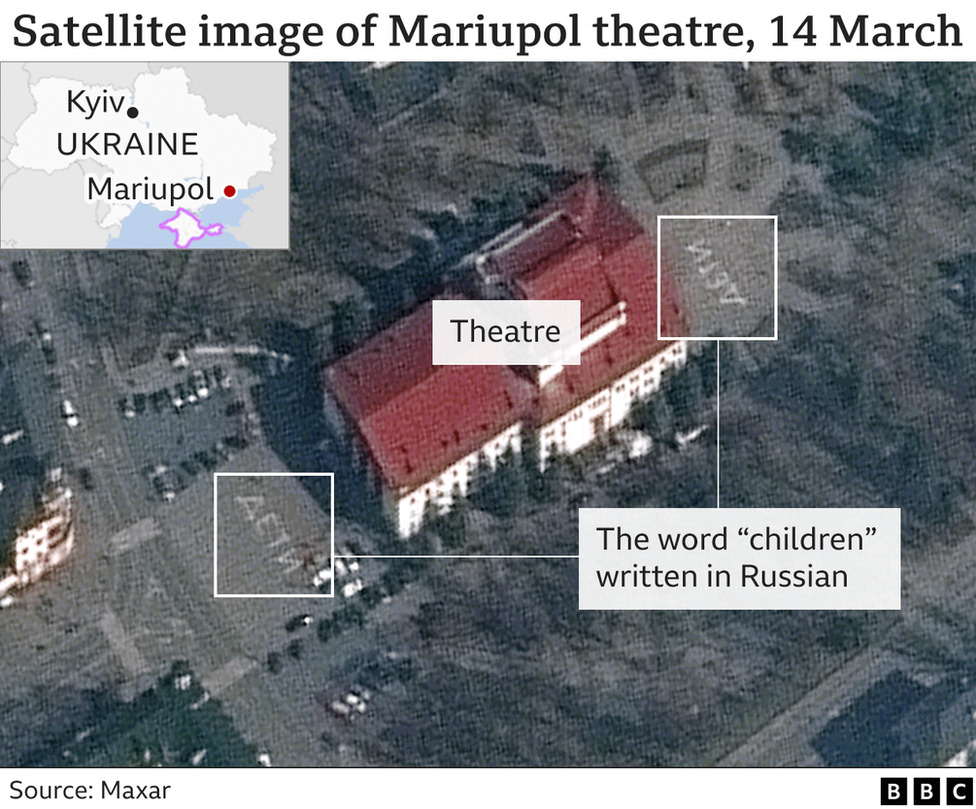
Ukraine previously called Russia’s air strike on Mariupol’s hospital a war crime. Three people were killed and 17 staff and patients were injured.
Russian troops are also accused of targeting fleeing civilians.
There’s mounting evidence that cluster bombs -munitions that separate into lots of bomblets- have hit civilian areas of Kharkiv.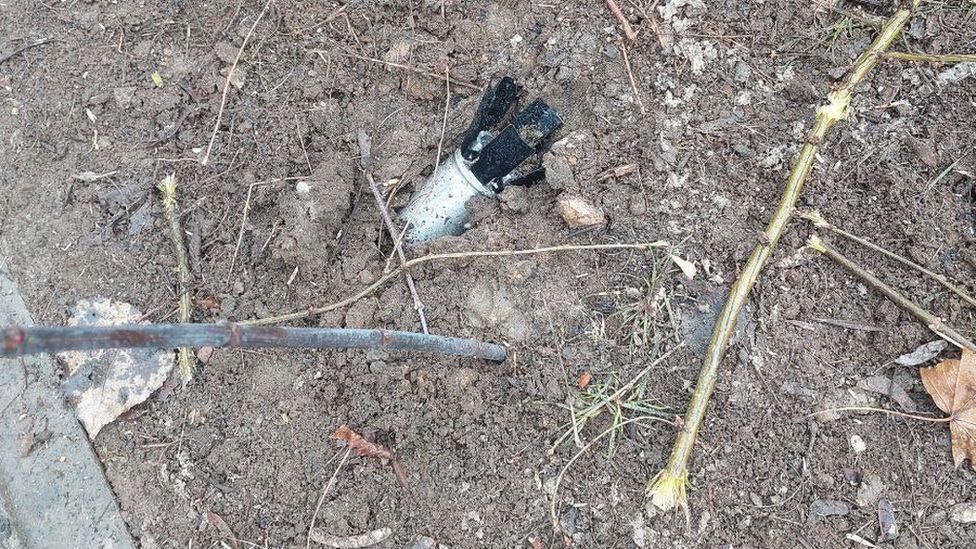
The UK says Russia has used thermobaric explosives, which create a massive vacuum by sucking up oxygen. These are not banned, but their deliberate use near civilians would almost certainly break the rules of war.
Many experts argue the invasion itself is a crime under the concept of “aggressive warfare”.
How are suspected war criminals pursued?
Each country has a duty to investigate suspected war crimes.
Some nations do so more than others.
In the UK, senior police officers have offered to help gather evidence of potential crimes in Ukraine.
How can suspected war criminals be prosecuted?
There have been a series of one-off courts since World War Two – including the tribunal investigating war crimes during the break-up of Yugoslavia.
A body was also set up to prosecute those responsible for the 1994 Rwanda genocide.
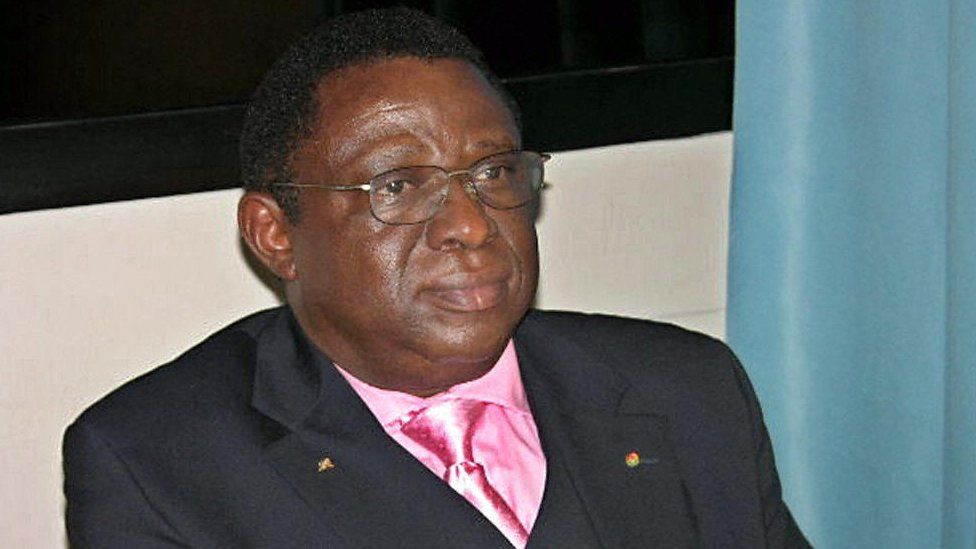
Today, the International Criminal Court (ICC) and the International Court of Justice (ICJ) have roles upholding the rules of war.
The International Court of Justice (ICJ) rules on disputes between states, but cannot prosecute individuals. Ukraine has begun a case against Russia.
If the ICJ ruled against Russia, the UN Security Council (UNSC) would be responsible for enforcing that.
But Russia – one of council’s five permanent members – could veto any proposal to sanction it.
The International Criminal Court (ICC) The ICC investigates and prosecutes individual war criminals who are not before the courts of individual states.
It’s the permanent modern successor to Nuremberg, which prosecuted key Nazi leaders in 1945.
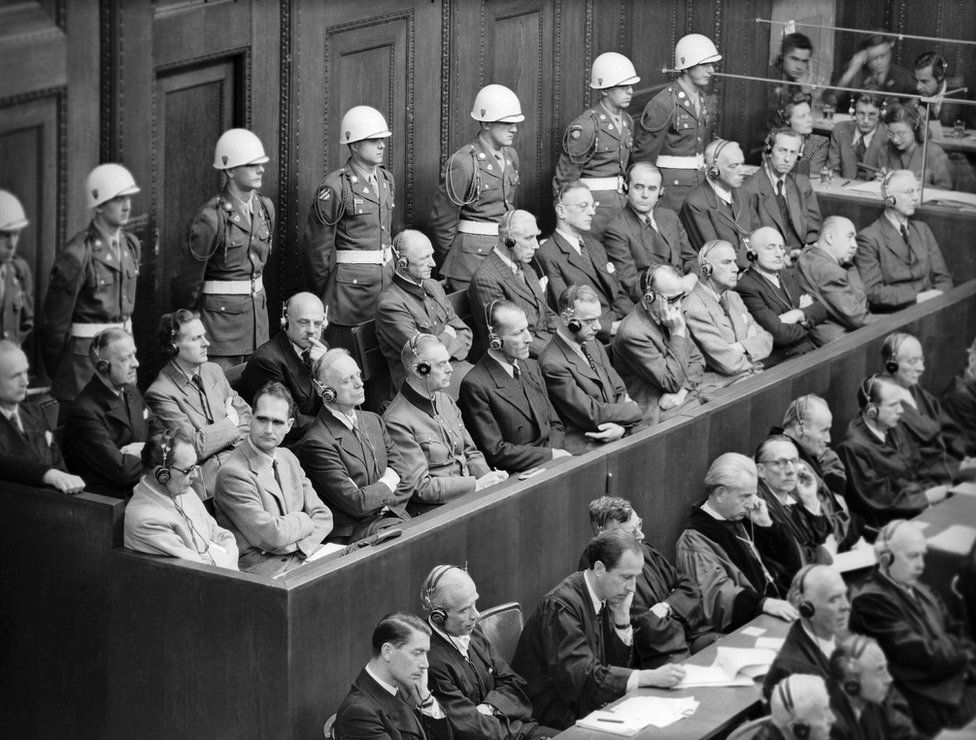
Nuremberg cemented the principle that nations could set up a special court to uphold international law.
Can the ICC prosecute offences in Ukraine?
The ICC’s chief prosecutor, British lawyer Karim Khan QC, says there is a reasonable basis to believe war crimes have been carried out in Ukraine.
Investigators will look at past and present allegations – going back as far as 2013, before Russia’s annexation of Crimea from Ukraine.
If there’s evidence, the prosecutor will ask ICC judges to issue arrest warrants to bring individuals to trial in The Hague.
But there are practical limitations to its power. The court doesn’t have its own police force so relies on individual states to arrest suspects.
Like the US, Russia is not a member of the court – it pulled out in 2016. President Putin won’t extradite any suspects.
If a suspect went to another country, they could be arrested – but that’s a very big if.
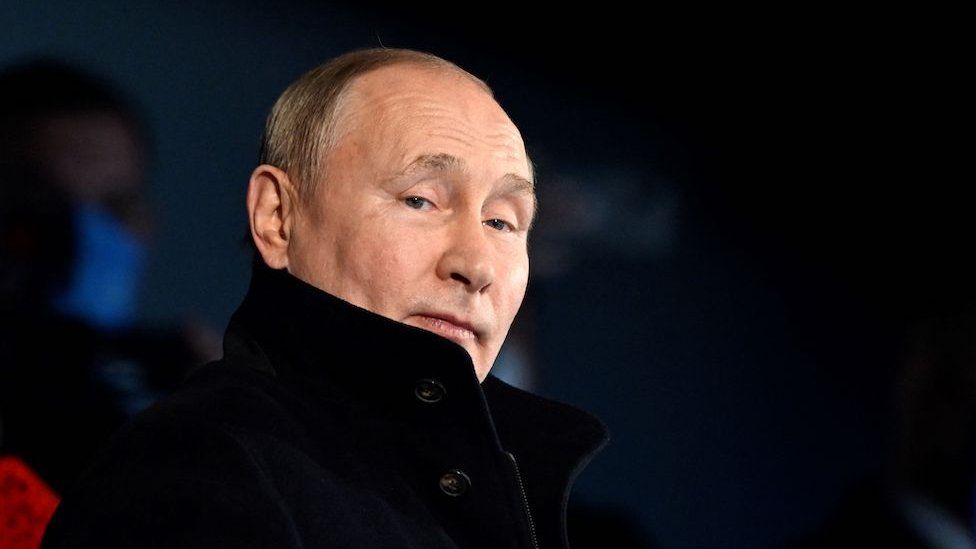
Could President Putin or other leaders be prosecuted?
It’s far easier to pin a war crime on a soldier who commits it than the leader who ordered it.
But the ICC can also prosecute the offence of “waging aggressive war”.
This is the crime of an unjustified invasion or conflict, beyond justifiable military action in self-defence.
It originated at Nuremberg, after the judge sent by Moscow convinced the Allies that Nazi leaders should face justice for “crimes against peace”.
However, Professor Philippe Sands QC, an expert on international law at University College London, says the ICC couldn’t prosecute Russia’s leaders for this because the country isn’t a signatory to the court.
In theory, the UN Security Council could ask the ICC to investigate this offence. But again, Russia could veto this.
So is there any other way to prosecute individuals?
The effectiveness of the ICC – and the way international law plays out in practice – depend not just on treaties, but politics and diplomacy.
And Prof Sands and many other experts argue that like Nuremberg, the solution lies once more in diplomacy and international agreement.
He’s calling for world leaders to set up a one-off tribunal to prosecute the crime of aggression in Ukraine.



No comments:
Post a Comment
Note: only a member of this blog may post a comment.